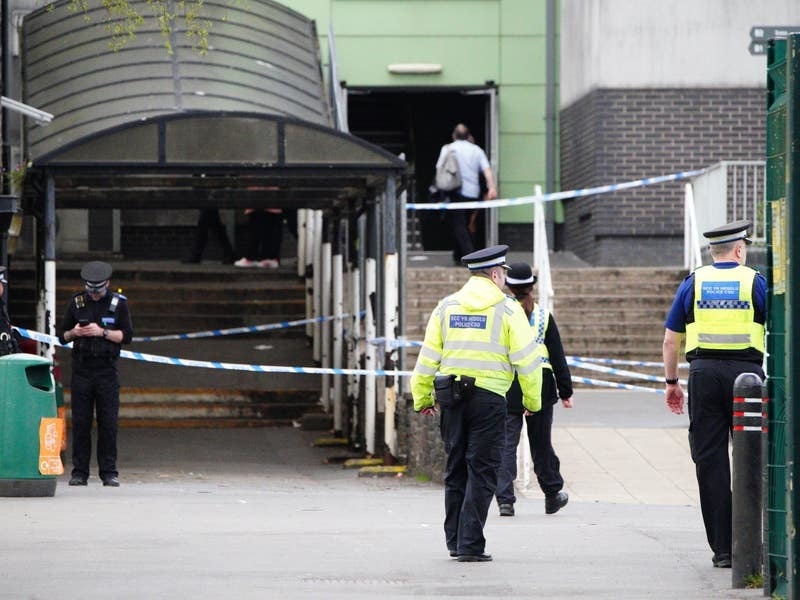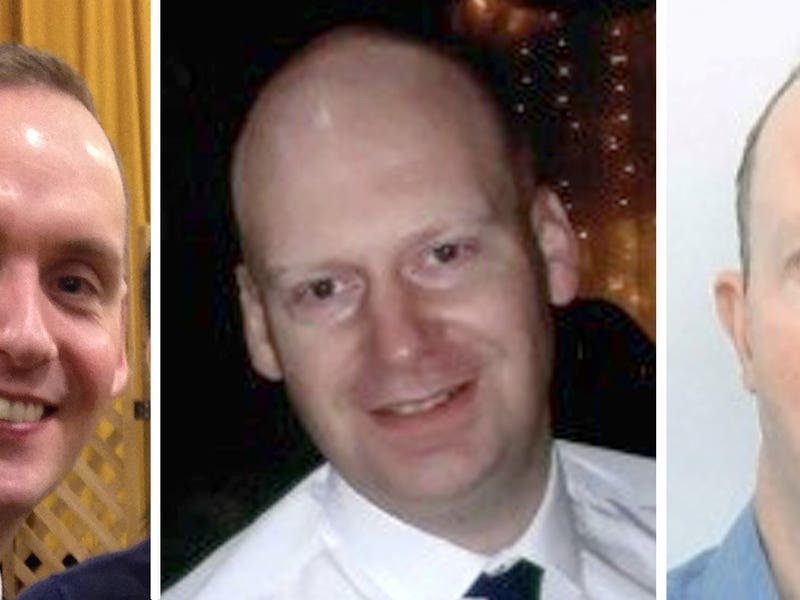The delay was described as ‘inexcusable’ by a Crown prosecutor speaking on behalf of the Island’s Attorney General during a sentencing hearing this week. And a spokesman for the Law Officers’ Department said it had now introduced a new ‘file review system’.
Russell Stephen King (60) was eventually brought back to the Island and jailed for six years on Tuesday for fraudulently converting over £740,000 of money belonging to others. Prosecutors said his crimes were motivated by ‘pure greed’ and left creditors for the now defunct company of which he was a shadow director – Belgravia Financial Services Group Ltd – seriously out of pocket.
Such was the delay caused by the error, prosecutors moved for a 5½-year jail term rather than six years. Ultimately judges deemed the case serious enough to impose a six-year sentence.
It emerged in court this week that by January 2015, prosecutors were in a position to extradite King from Bahrain. A risk assessment form was received from the UK’s Foreign and Commonwealth Office – which is charged with looking after British citizens around the world – but lay uncompleted in the Law Officers’ Department office at Morier House for ten months.
Crown Advocate Matthew Jowitt said in court: ‘The form could have been completed … and submitted to the FCO within hours of receipt.’
It then took a further 13 months for the FCO to carry out its risk assessment. Advocate Jowitt acknowledged in court that although the delay was not the fault of the Law Officers’ Department ‘it is right to say the prosecuting authority did not chase the FCO for a prompter assessment’.
Speaking to the JEP, a spokesman for the Law Officers’ Department said: ‘The Law Officers’ Department is not understaffed but the key member of staff who was responsible for corresponding with the Foreign Office in relation to this matter had an extremely high workload at the time.’
The complex investigation – codenamed Operation Humidor – began in 2008 and took over six years to get to a position where prosecutors were ready to bring King, who fled to Bahrain shortly after investigations into his practices began, back to Jersey, in early 2015.
By the time the FCO had completed its risk assessment it was January 2017 and then an official extradition request, which was translated into Arabic, was not sent to Bahrain officials until June 2018.
Speaking in court, Mr Jowitt said: ‘It is right to say that King chose to go to Bahrain and thus created the necessity for Jersey to seek his extradition, with all the delay attendant thereon, including that occasioned by a busy Law Officers’ Department with limited human resources and a substantial case load.
‘Thus King created a situation which gave rise to the risk of additional delay. But the Crown is bound in fairness to acknowledge also that this matter could have been dealt with sooner had the prosecuting authority at the time acted more expeditiously.
‘All in all, the Crown considers that there has been since August 2008 roughly in the order of two years of delay above and beyond the delay usually attendant upon complex cases such as this, including where extradition is necessary.’
In a statement, the Law Officers’ Department spokesman added: ‘Any delay in any prosecution case is regretted but there were exceptional circumstances in this case. This was the first time that a defendant was extradited from Bahrain to face proceedings in Jersey and there had been changes in the Foreign Office procedure for extradition since the last extradition to Jersey of a foreign defendant.’






